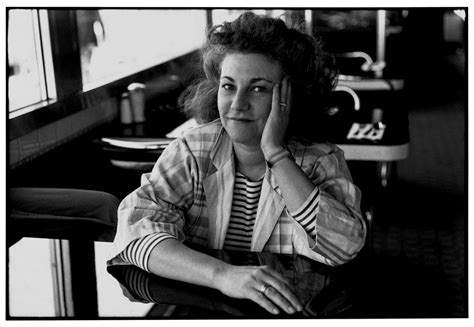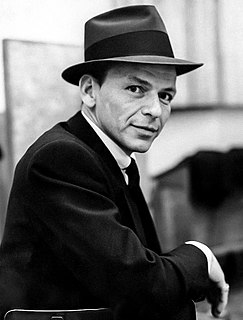A Quote by Wangari Maathai
In Kenya, one of our biggest exports is coffee. Where do you grow coffee? You grow coffee in the land. To be able to grow coffee you need rain, you need special kinds of soils that are found on hillsides, and that means you have to protect that land from soil erosion so you don't lose the soil. You also want to make sure that when the rains come you're going to be able to hold that water and have it go into the ground so that the streams and the rivers keep flowing and the ground is relatively humid for these plants.
Related Quotes
For the rains and the rivers you need forests and you need to make sure these your forests are all protected, that there is no logging, that there is no charcoal burning and all the activities that destroy the forest. All this really needs to be done so that you can be able to grow good coffee, so that you can have an income, so that you can send your children to school, so that you can buy medicine, so that you can take them to hospitals, so that you can care for the women, especially mothers.
On Saturday mornings I would walk to the Flavor Cup or Puerto Rico Importing coffee store to get my coffee. Often it was freshly roasted and the beans were still warm. Coffee was my nectar and my ambrosia: I was very careful about it. I decanted my beans into glass...and I ground them in little batches in my grinder.
The coffee shop played a big role in Vienna of 1900. Rents were sky high, housing was difficult to come by, your apartment probably wasn't heated, and so you went to the coffee shop. You went to the coffee shop because it was warm, because it was great Viennese coffee, and you went for the conversation and the company.
I remember having a discussion at some stage and saying a coffee machine would do well in the training ground. Everyone was like, 'No, in England, we drink tea.' I was like, 'OK, I was just saying that I think coffee works as well.' Next thing you know, after the international break, we had this massive coffee machine come in from Nespresso.





































